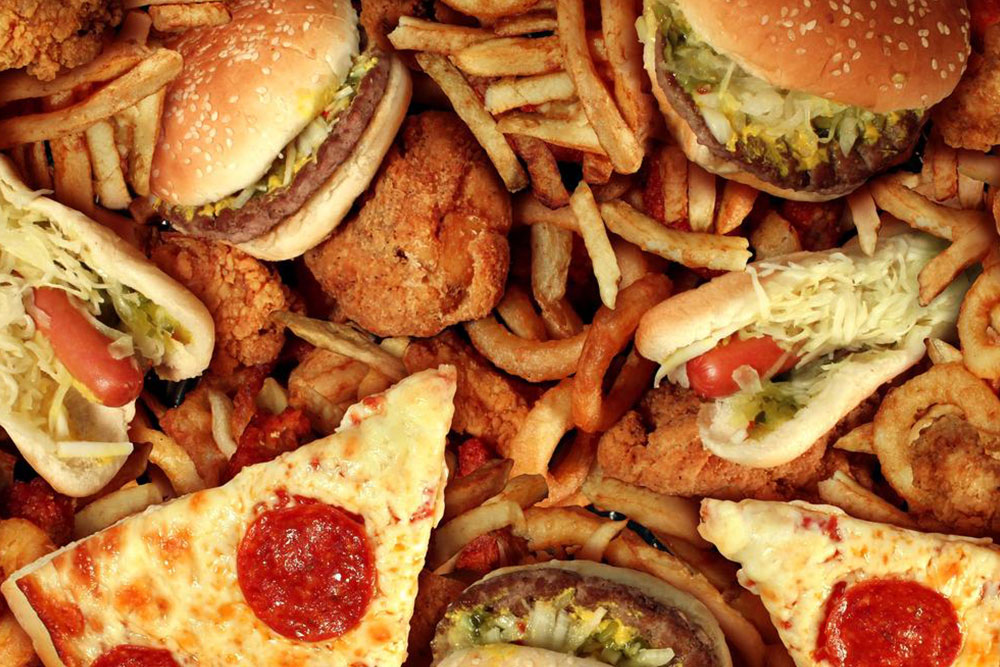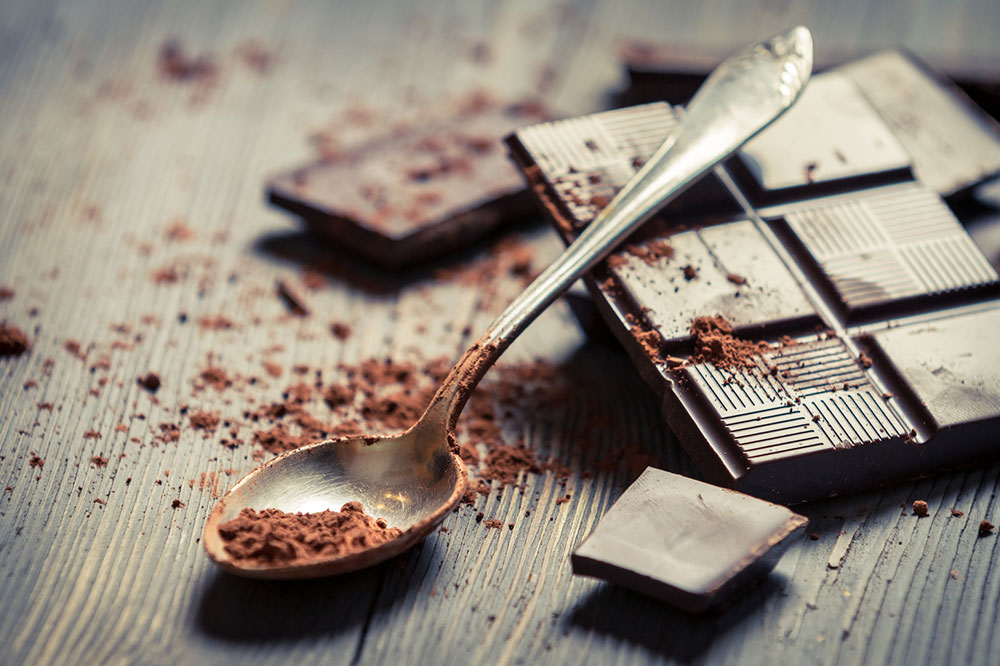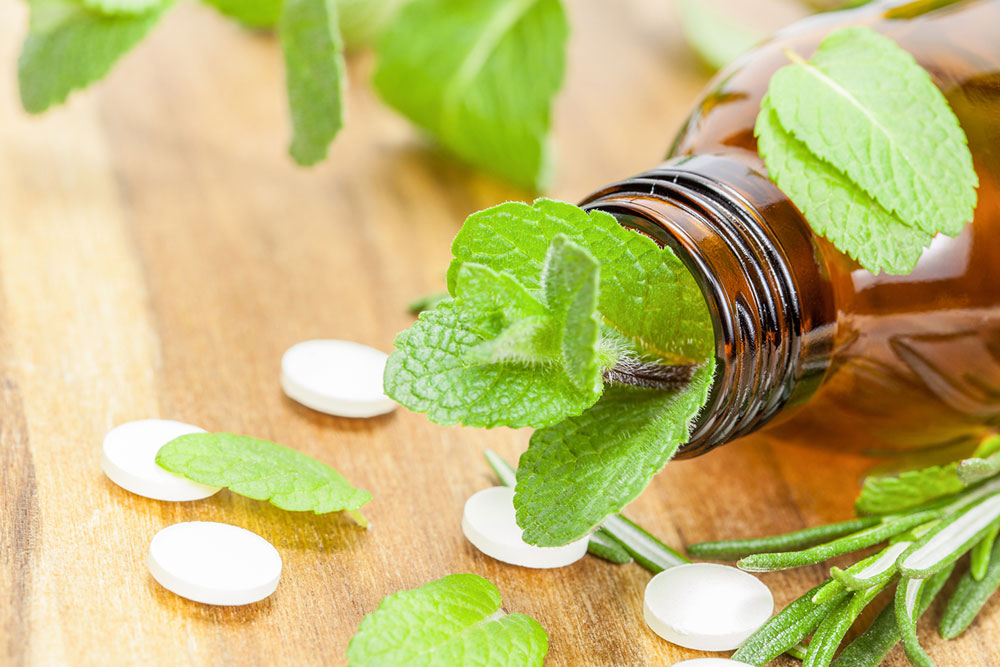Top 8 Foods That Can Induce Migraine Attacks
Discover the top 8 foods that can trigger migraines, from chocolate to processed meats. Learn how dietary choices influence headache severity and how to modify your diet for better migraine management. This guide offers practical tips to help reduce migraine attacks by avoiding common dietary triggers, enhancing overall well-being. Understanding personal sensitivities is key to effective prevention, making nutrition an important aspect of migraine control.

Top 8 Foods That Can Induce Migraine Attacks
Migraines are intense neurological pains often accompanied by symptoms like light sensitivity, dizziness, nausea, or vomiting. Identifying and avoiding common dietary triggers is essential for managing this condition. Research indicates that certain foods frequently contribute to migraine episodes. Reducing or avoiding these items can significantly help in prevention:
Chocolate
Chocolate is a common migraine trigger because it contains caffeine and tyramine, which can intensify headaches. Nonetheless, dark chocolate also has beneficial compounds like dopamine and serotonin, so moderation is key.
Caffeine
While an occasional coffee isn't harmful, regular consumption of caffeinated drinks can trigger more frequent and severe migraines. Caffeine causes blood vessel constriction, offering temporary relief, but excessive intake should be avoided if headaches are common.
Frozen Snacks
Eating frozen treats like ice cream or slushes may lead to migraines. These foods contain substances that disrupt brain blood flow, potentially causing headaches that develop into migraines.
High-Sodium Foods
Consuming too much salty food raises blood sodium levels and blood pressure, increasing migraine risk. Limiting processed and salty snacks can help prevent episodes.
Pickled and Fermented Dishes
High tyramine levels in pickled vegetables, kimchi, and fermented drinks like kombucha can trigger migraines. Reducing intake of these foods, including aged cheeses, can lessen risk.
Cured and Processed Meats
Meats such as ham and bologna often contain nitrates and nitrites, which can dilate blood vessels and provoke migraines. Limiting these items is advisable.
Foods with MSG
Additives like monosodium glutamate, found in processed foods, soy sauce, mushrooms, and cheese, may cause headaches by affecting brain blood flow. Cutting down on these can reduce migraine likelihood.
Alcoholic Beverages
Alcohol consumption can lead to dehydration, a common migraine trigger. Limiting or avoiding alcohol helps in migraine prevention, especially for sensitive individuals.
Remember, migraine triggers vary among individuals. Avoiding these foods can lower the chances of headache episodes and improve quality of life.
Note:
Our blog provides helpful insights based on research across various topics. Always consult healthcare professionals for personalized advice, as the effectiveness of these tips may differ. The website cannot be held responsible for discrepancies or inaccuracies in external data. Additionally, some offers or schemes related to health management may not be covered here.










